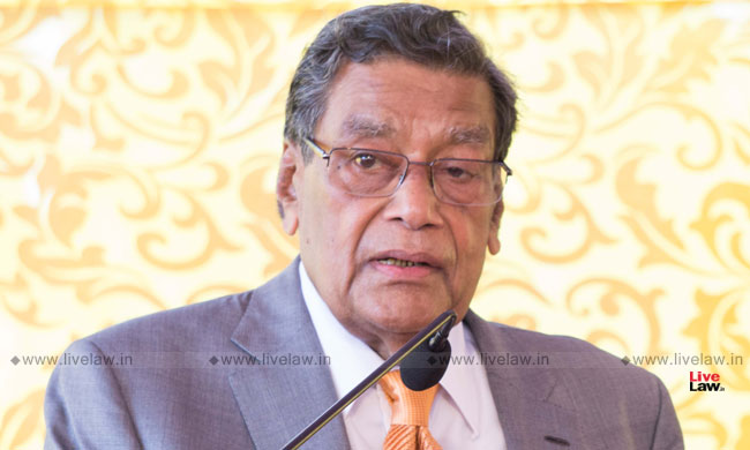'Over 40 Million Cases Pending; Something Drastic Has To Be Done' : Attorney General Rings Alarm Bells On Pendency
Sohini Chowdhury
29 April 2022 7:44 PM IST

How will public have confidence in the justice delivery system?, asked the AG.
Next Story
29 April 2022 7:44 PM IST
